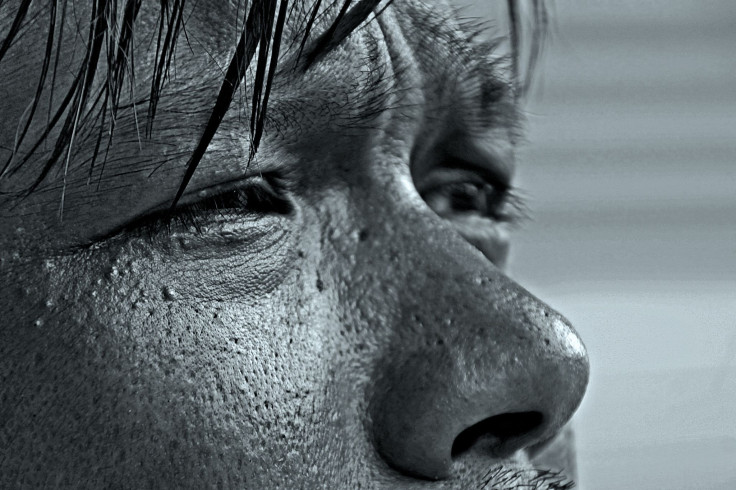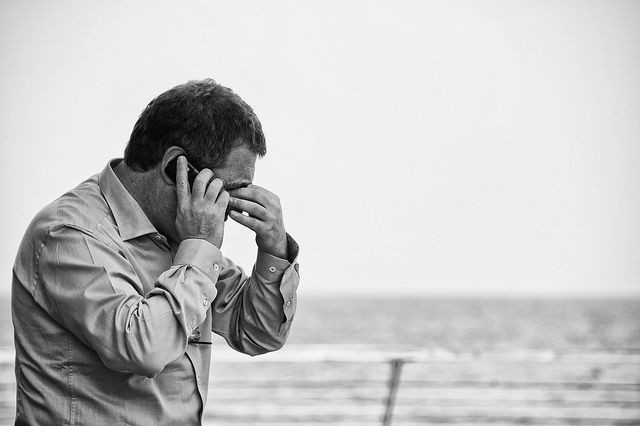Why Relaxation Is Bad For Constant Worriers

Some worriers worry more because they don't want to worry.
This is one of the more eye-opening conclusions that can be drawn from a study published in the Journal of Affective Disorders by a research team from Penn State University in College Park, Pennsylvania.
The study took a closer look at a queer phenomenon called "relaxation-induced anxiety." The medical community has recognized the existence of relaxation-induced anxiety since the 1980s. The mechanism behind this condition, however, has been a mystery.
It's this mystery the research team consisting of study authors Prof. Michelle Newman, a professor of psychology, and Hanjoo Kim, a graduate student in psychology, sought to explain.
What Newman and Kim focused on was why some people become more anxious as they attempt to relax. They noted that although the aim of relaxation exercises is to reduce anxiety, these exercises have the opposite effect on these people.
What they found, oddly enough, was that relaxing interrupted these people's worrying.
The study said that for these people, relaxation conflicts with a strategy they employ to lessen the impact of negative events. This strategy is continual worrying. So, basically, these people worry so they won't worry. Get it?
The findings of the new study fit in with the theory of "contrast avoidance" developed by Prof. Newman in 2011.
"The theory revolves around the idea that people may make themselves anxious intentionally, as a way to avoid the letdown they might get if something bad were to happen," she explained.
According to her theory, worrying is essentially an attempt to "pay in advance" for something that might occur. Prof. Newman said the brain's takeaway from this defense mechanism is, "'I worried and it didn't happen, so I should continue worrying.'"
This frame of mind isn't actually helpful, she pointed out.
"People may be staying anxious to prevent a large shift in anxiety, but it's actually healthier to let yourself experience those shifts."
This odd reaction also becomes habit forming over time. She said the more a person does it, the more they realize they can do it. But it's better a person allows himself to be relaxed at times.
"The contrast avoidance model postulates that individuals with generalized anxiety disorder [...] fear a sharp spike in negative emotion, and thus prefer to worry to maintain their negative affect, rather than being in a more euthymic state, such as relaxation,” the study concluded.
The insights generated by the study suggest people living with generalized anxiety disorder might benefit from follow-on research.
Kim believes that "measuring relaxation-induced anxiety and implementing exposure techniques targeting the desensitization of negative contrast sensitivity could help patients reduce this anxiety."

Published by Medicaldaily.com



























